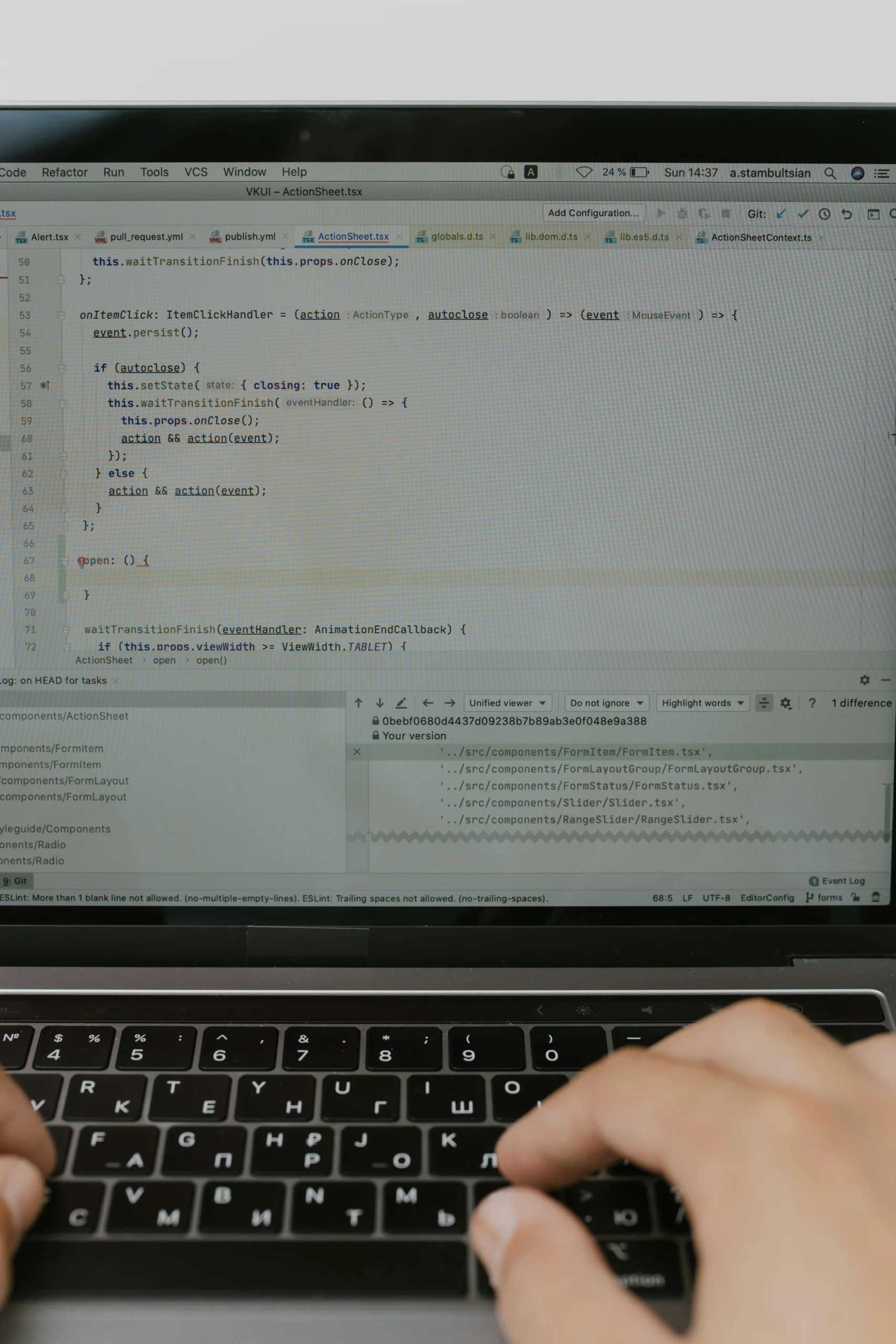Google introduced significant upgrades to its low-code AI app builder ‘Opal’, designed to empower users without technical expertise to create AI-based mini applications using natural language and visual editing. The update improves debugging by allowing stepwise execution of workflows and repeating specific steps in a console panel. These features enable real-time error identification, substantially cutting the time required for application debugging.
Additionally, Opal’s overall performance has been enhanced through critical changes, including the support for parallel execution of complex workflows involving multiple steps. Google is also expanding Opal’s service availability to 15 countries, broadening access to markets like Canada, India, Japan, Korea, and more. This move aligns with Google’s strategy to extend its platform capabilities from technology to application layers.
However, industry analysts caution that Opal lacks the depth of enterprise-grade process orchestration, integration, and governance features required for mission-critical automation. Established platforms with native connectors, governance frameworks, security integration, and compliance certifications continue to lead in reducing integration risks and ensuring predictable performance in large-scale operations. Future additions of advanced features and vertical-specific packages could help Opal evolve into a robust enterprise workflow platform beyond a prototype or mini-app tool.
👉 Pročitaj original: CIO Magazine








